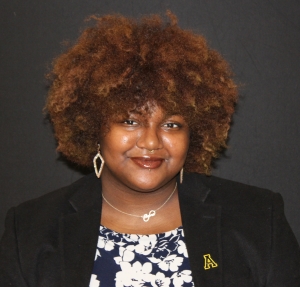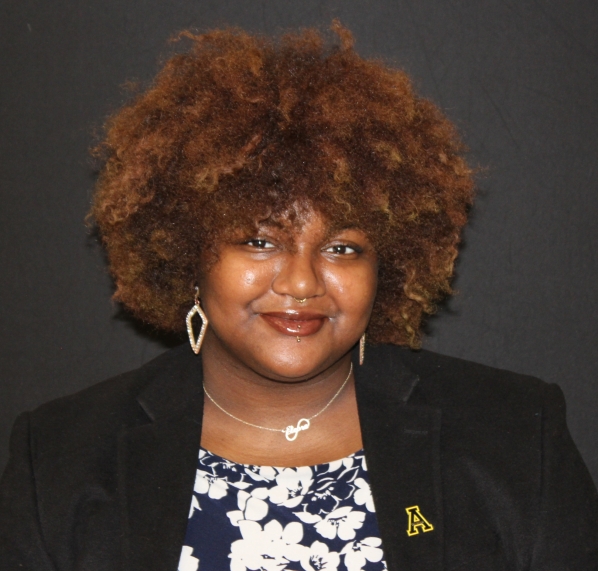Eleora Dunham, a second year Anthropology major, has been awarded a highly selective research internship as part of ARISE- Anthropological Research in Science Education program at Pennsylvania State University this summer.
Anthropological Research in Science Education (ARISE) at Penn State is a summer institute in integrated anthropological sciences for historically underrepresented and underserved undergraduate students from the United States.
ARISE will train students in:
- theoretical approaches to solving anthropological problems
- methods to collect and analyze anthropological data
- ethics and historical background to the discipline
- applications of anthropological sciences in and beyond academia
We will select 12-14 current undergraduate students interested in pursuing anthropological research to work closely with Penn State faculty and graduate students in these four modules:
Genetics: In this module, students will be theoretically and methodologically introduced to anthropological genetics topics, largely focused on evolutionary genetics in the context of humans and microbes. Students will be able to actively participate in the research process by completing their own genetics analysis of published data using current bioinformatics tools.
Isotopes: Students will be introduced to a basic geochemistry background and laboratory safety. Students will be able to actively process their own sample that will be provided for them for radiocarbon dating, stable carbon, and nitrogen isotopes. Students will also learn to interpret existing stable isotope data and plot their own graphs using R.
GIS/Spatial: In this module, students will be introduced to the use of spatial analysis methods using ArcGIS software. Learning goals will include: map projections, coordinate systems, open source data repositories, and the display and simple analysis of spatial data, with a focus on the types of data that anthropologists typically produce. The module will conclude with a field trip to introduce students to the collection and analysis of point patterned data using GIS enabled devices.
Osteology: Students will be introduced to the theory and methods of human osteology and bone functional adaptation. They will learn basic osteology, osteometric techniques, and the basics of working with computer tomography (CT) imaging data. Using ImageJ, a computer software, students will use this data to analyze and interpret human functional anatomy.
As part of the program, students will be exposed to each of the research areas, as well as receive detailed, hands-on training developing and executing their own research project in the top module of their choosing.
Students will also be introduced to the concepts of anthropological storytelling through film and other mediums. Each student will receive hands-on training with basic approaches to filming human subjects in a field setting, and students will be allowed to document their own research journey throughout the ARISE program. Participants will also be able to collaborate in a community-based project to document the ARISE experience.

